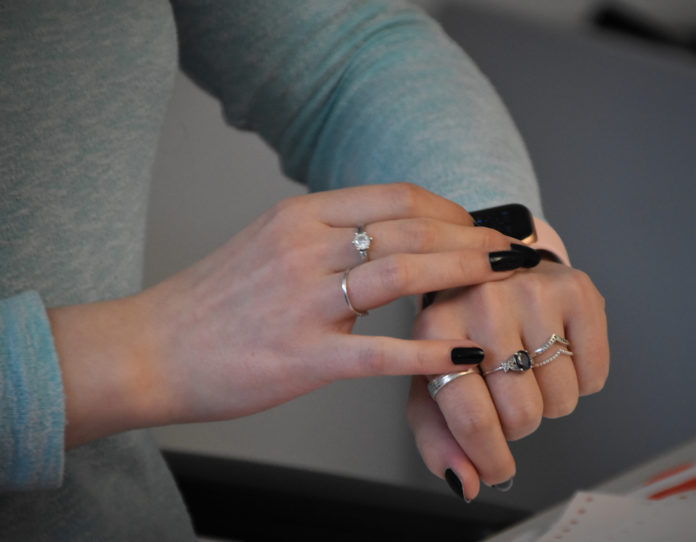For older adults, falls can be a serious problem. They can cause hip fractures, broken bones, head injuries, and bruising. In fact, 95% of hip fractures in seniors are from falls. Since the body naturally changes with age, it can affect the way we move and behave.
Medical alarms can provide safety and security in high-risk patients in need of medical attention. They are designed to ensure fast medical support in case of an injury. If you want to learn more about these life-saving devices, we got you covered. This is a detailed guide on what medical alarms are all about and how they work.
What Are Medical Alarms?
For people to remain independent and overcome their fear of falls and injuries, a medical alarm can help. Also known as a fall button or PERS (personal emergency response system), it is a product that combines technology with a state-of-the-art communication system.
Two types of medical alarms exist. You have the:
- At-home system – alert system with two components, a button and a console. Your residence is electronically monitored by the base unit, which is plugged into a telephone jack and wall outlet. You wear the button (pendant) on the neck, belt, or wrist and press it in case of an emergency.
- Mobile system – this one doesn’t need a base station, only a help button. If there is an emergency, you only push that button, and the system will alert the call center.
These are practical communication tools that allow patients to live a safe life at home.
Who Needs Medical Alarms?
Medical alarms are a great investment for those who live alone but need extra protection—anyone who wants to continue living an independent lifestyle but suffers from certain health conditions. Medical alarms are often recommended to people with poor vision or hearing.
It is also convenient for anyone with a cognitive decline, especially patients with dementia or Alzheimer’s. Another reason to get medical alarms is after having surgery or a serious medical procedure. The body can be vulnerable to health complications. Since you don’t have anyone to monitor your health state when at home, having medical alarms does seem like a viable opportunity.
However, seniors are not the only ones who can benefit from such a product. People with diabetes and epilepsy can also make use of it. If you are using medications that make you feel sleepy or drowsy, medical alarms can come in handy. They are a great option for notifying people that you are not feeling well.
Benefits of Medical Alarms
Medical alarms offer plenty of benefits. Take a look at all the advantages of owning an alert medical system below.
- Independence – Whether you choose a mobile or at-home system, medical alarms can help you regain your independence. Instead of having to depend on someone else at all times, the alert system can help take the weight off your shoulders.
- Rapid response – Medical alarms are perfect for a health emergency. They provide quick assistance, which can help you get the medical support you need.
- Caters to your needs – The market is packed with all kinds of products. That means you will easily find the one that suits your needs.
- User-friendly – Compared to some other gadgets, medical alarms are much easier to use. There is no learning curve, and it’s very easy to set up. This makes it a favorite among the older population.
- Discreet – The product comes with a discreet and portable design. Users can wear it on their wrist or belts without it taking too much space. Plus, it is lightweight and extremely easy to carry.
- Reliable – People need a product they can trust. Something that doesn’t blackout too soon. The medical alarms run on long-lasting batteries and don’t need power. Therefore, you won’t have to worry about the product turning off anytime soon. That’s how you get peace of mind knowing that you are using trustworthy technology.
- Price – You can find plenty of medical alarms designed for a tight budget. You don’t have to spend hundreds of dollars like you would on other types of technology. Basically, you can obtain assistance any time of the day for a low price.
Which Medical Alarm Is For You?
When choosing medical alarms, assess your health state and future needs. You need a system that promises excellent durability, support, and features. Compare the prices and features to find the perfect match. Pick a choice that fits your budget and keeps you safe with a single push of a button.
Final Thoughts
Thanks to the current technological advances, people can stay at home with confidence. Medical alarms provide users with a practical alert system that notifies healthcare experts or family members about an emergency. After that, the user can get proper treatment. Knowing that you get medical attention when necessary can put your mind at ease. That’s why medical alarms remain popular products.
References
https://www.greatcall.com/resources/medical-alert/what-is-a-medical-alert-system
https://www.mobilehelp.com/pages/understanding-medical-alert-systems
https://www.consumerreports.org/medical-alert-systems/how-to-choose-a-medical-alert-system/



